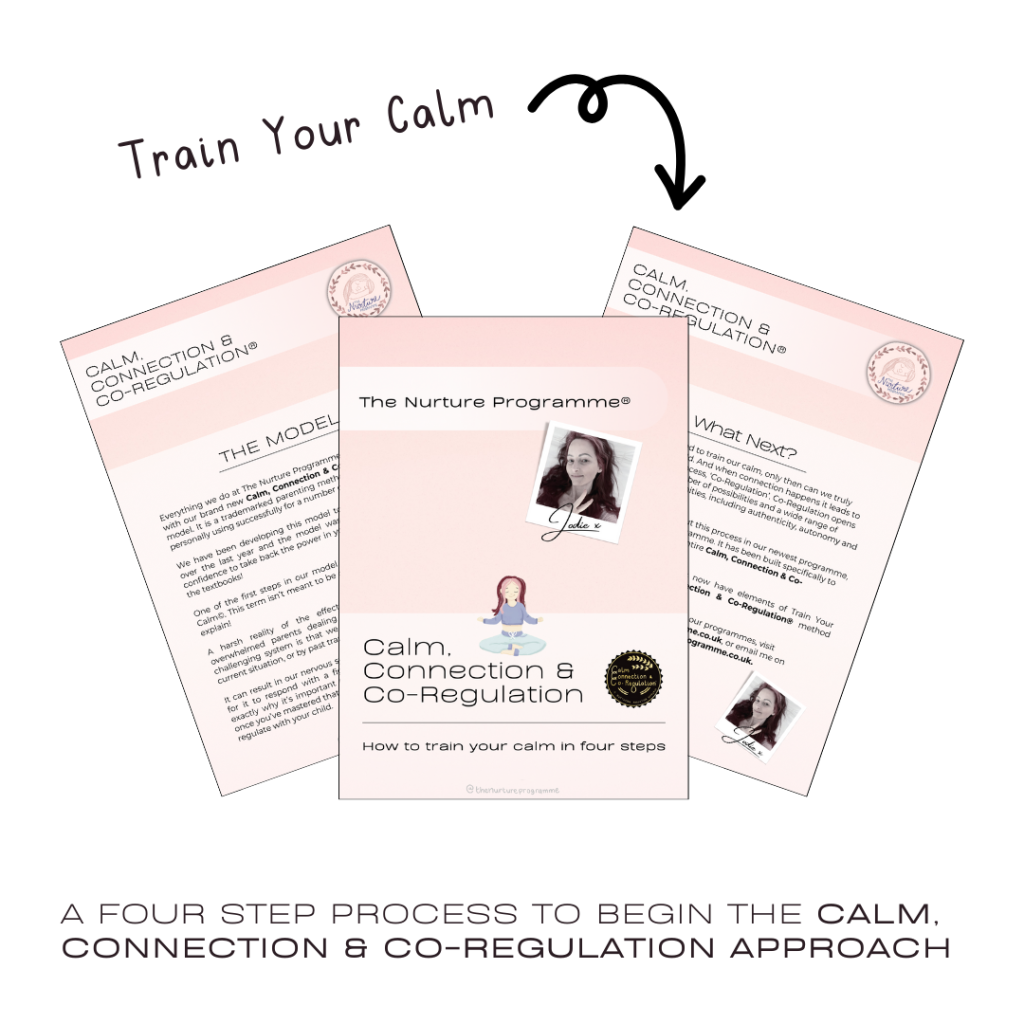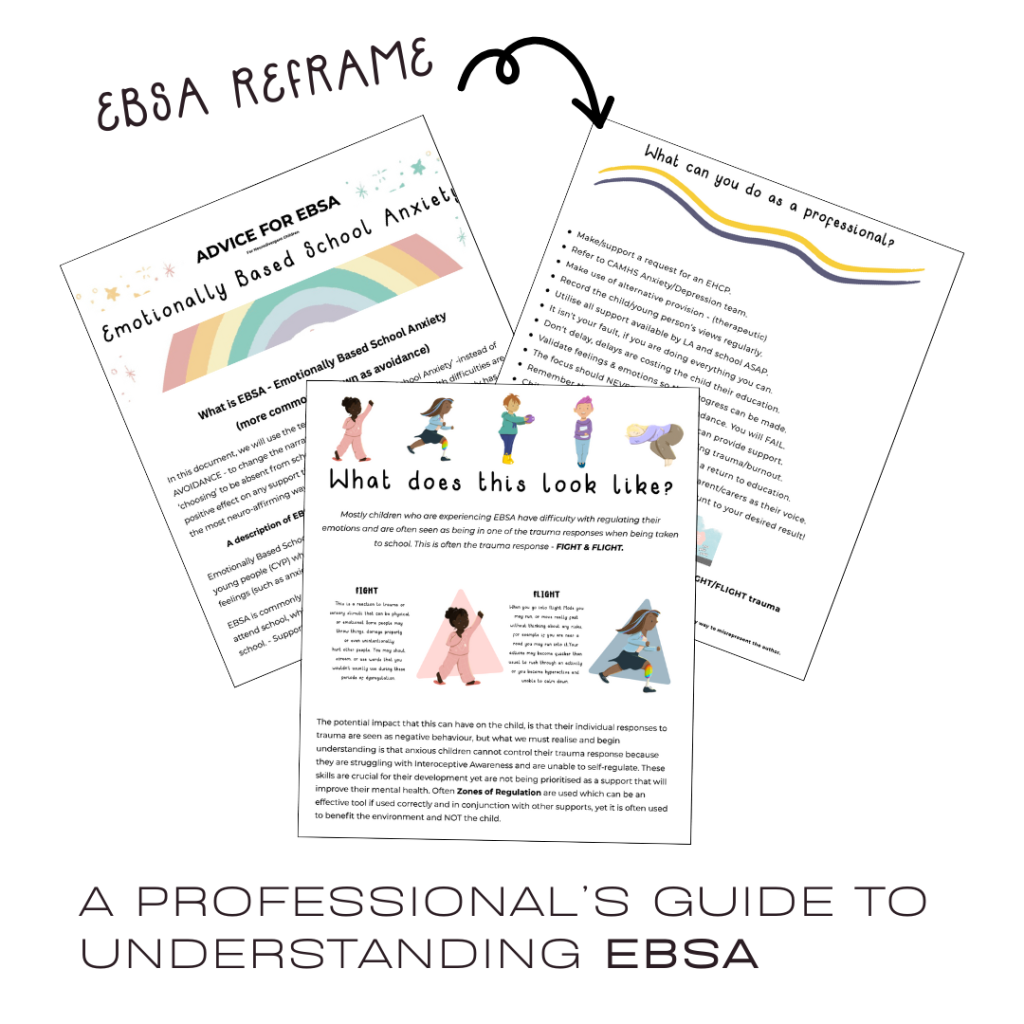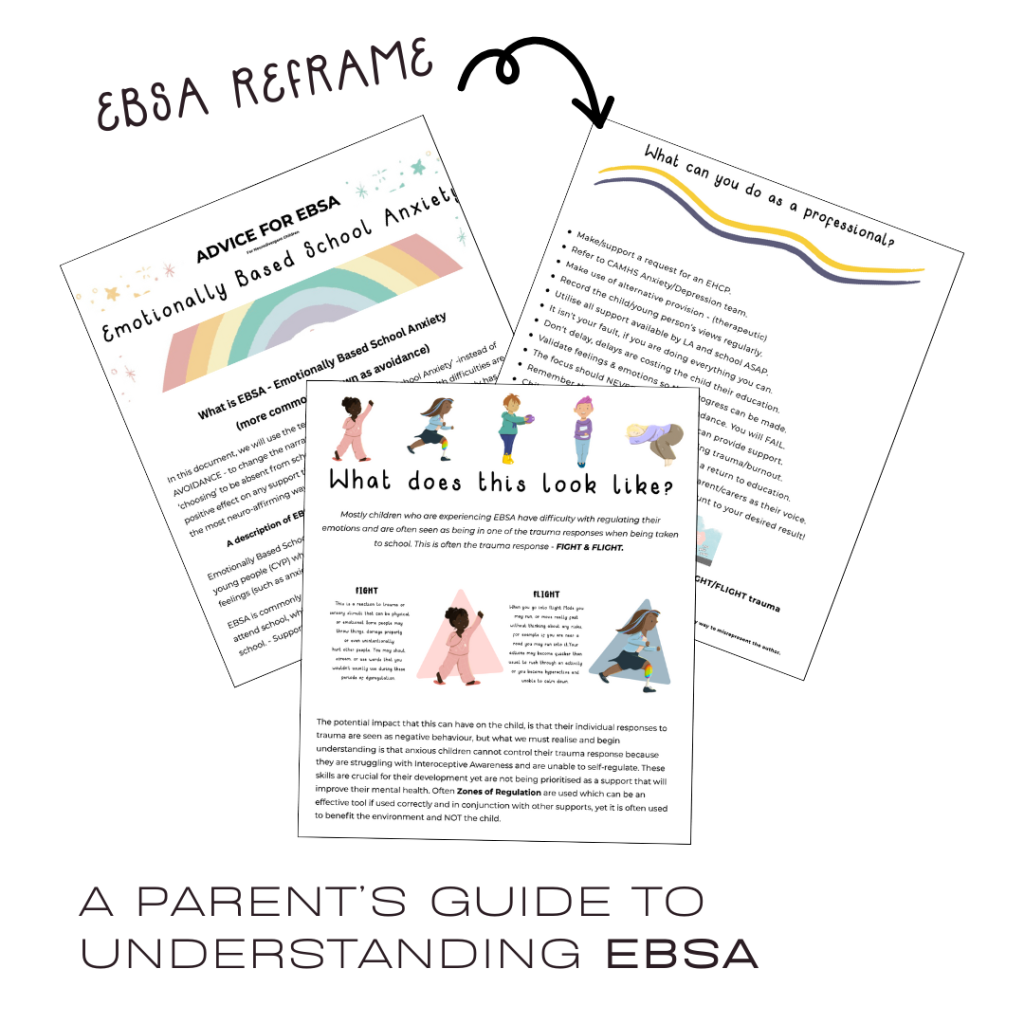Downloads, Resources & Guides
Before you begin working with young people who are Neurodivergent it is imperative that they trust you. This means that you need to build connections before any meaningful work can be done to improve their mental health. Becoming a ‘Safe Person’ doesn’t need to be time consuming, but if you don’t manage to do this then the desired impact for the child will be unobtainable.
In this section you will find our guides, workbooks, Neurokits and other resources to help Neurodivergent young people learn about themselves through topics such as, Anxiety.
Written Designed by Jodie isitt to be neuro-affirmative in social story formats. They are simple, to the point and easy to understand.
YOUR DONATIONS WILL HELP US TO CONTINUE TO CREATE THESE RESOURCES WHICH TAKE A HUGE AMOUNT OF TIME AND FINANCES TO CONTINUE. THANK YOU SO MUCH FOR ANY HELP YOU CAN CONTRIBUTE, WE APPRECIATE IT MUCHLY!

Our latest development of the NeuroKit is designed to work hand in hand with the Guide and Workbook to enable to them to bring together everything they have learned about their own anxiety profile and put together all of the elements needed in order for them to reduce their anxiety.
This NeuroKit is designed to enable young people to begin a journey of self advocacy and in turn help improve attendance through reducing Anxiety.

Designed with the young person in mind through a social story format and co-produced with young people. The objection of helping neurodivergent kids understand their own experiential feelings of anxiety in a way that doesn’t create stigma or the feeling of judgment.
This guide gives an example of one of the most common types of Anxiety, Emotional Based School Avoidance, but can be related to almost all experiences of Anxiety.

Designed with the young person in mind through a social story format and co-produced with young people. The objection of helping neurodivergent kids understand their own experiential feelings of anxiety in a way that doesn’t create stigma or the feeling of judgment.
This guide gives an example of one of the most common types of Anxiety, Emotional Based School Avoidance, but can be related to almost all experiences of Anxiety.

Calm, Connection & Co-Regulation is The Nurture Programmes very own Trademarked Parenting Approach. There are many steps to mastering this approach, of which needs to be regularly revisited as our needs and those of our children change and adapt according to the developmental process.

This document outlines the four steps of our the calming section of our Calm, Connection & Co-Regulation – A Nurturing Parenting Approach. In the four steps you will begin to learn about your own needs and how to attend to them before we are able to connect with our children.

In this document, we will use the term ‘Emotionally Based School Anxiety’ -instead of AVOIDANCE – to change the narrative that children with mental health difficulties are ‘choosing’ to be absent from school. This then reframes and more importantly has a positive effect on any support that would be given to the child to support their anxiety in the most neuro-affirming way.

In this document you will find a neuro-affirming approach to EBSA, which The Nurture Programme has reframed from the most commonly known name of Emotionally Based School Avoidance to Emotionally Based School Anxiety. This helps reframe and scaffold the correct support needed for young people in order to reduce anxiety.

In this document you will find a neuro-affirming approach to EBSA, which The Nurture Programme has reframed from the most commonly known name of Emotionally Based School Avoidance to Emotionally Based School Anxiety. This helps reframe and scaffold the correct support needed for young people in order to reduce anxiety.

To find out more about the services we offer there are several brochures below. Please feel free to send these to any organisations you think they may help, or to any parents who may benefit from extra support.









